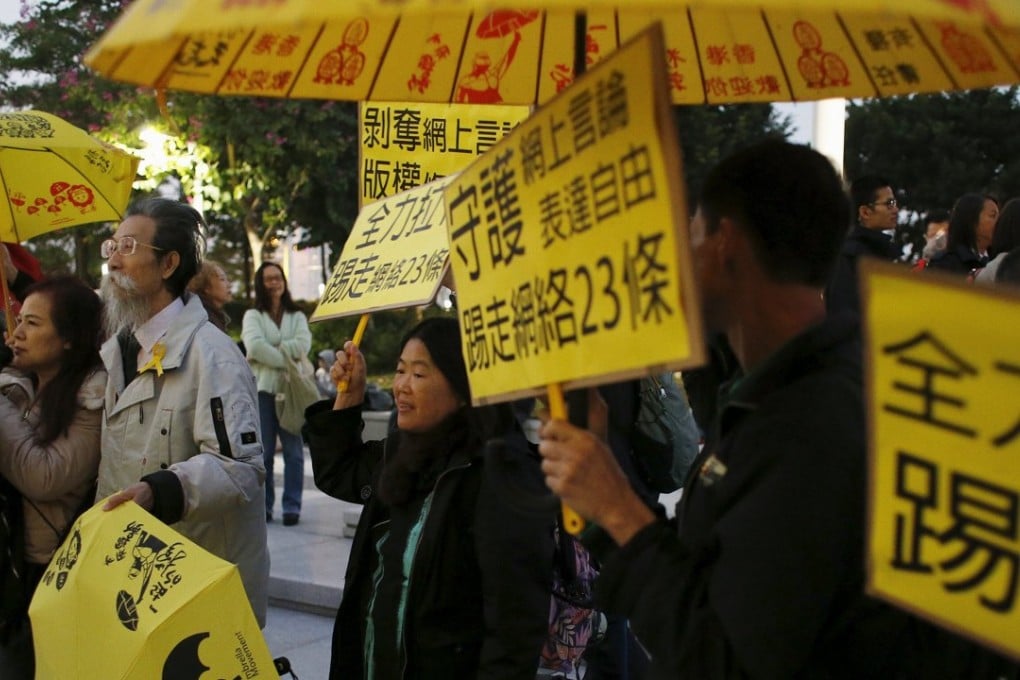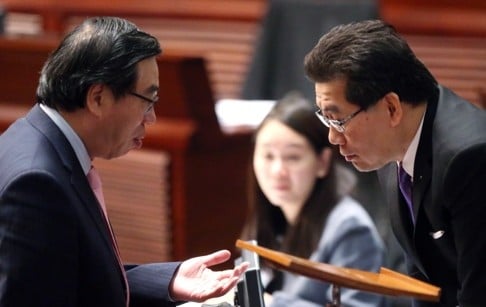Hong Kong’s copyright reform cannot proceed without trust
Michael D. Pendleton traces the development of Hong Kong’s intellectual property protections, and says that while change is necessary, people must also have confidence in those proposing the changes

Despite 35 years teaching and researching Hong Kong intellectual property, I have been reluctant to get involved in the debate over the copyright amendments. Part of that reluctance is that copyright is overtly political and reasonable people can reasonably disagree. But no more.
READ MORE: Hong Kong minister attacks lawmaker’s bid to adjourn debate on copyright bill
The effect of not having a fair use defence is that copyright protection of owners is considerably expanded, to the detriment of users
Opponents to the Hong Kong copyright legislation suspect an attempt by the government to impose censorship via copyright doctrine. That fear is not without historical precedent. Modern concepts of copyright began in 1709 with the English Statue of Anne (not surprisingly, China, with its long history, had something similar centuries before). The legislation was principally about censorship. It was created to protect the Crown and the Church of England from slander or criticism by giving a single entity, the Stationers’ Company, the sole right to print books.
Largely because of that, English copyright tradition has been stilted towards publishers rather than authors, towards the person who takes the risk in publishing rather than encouraging authors and artists per se. Authors’ rights are associated with the French copyright tradition, later adopted by the infant United States in its constitution. Article 1 of the constitution talks about authors and inventors and the progress of science and the useful arts.
READ MORE: Hong Kong government’s shelving of controversial copyright bill: what went wrong?

I can’t but wonder at the ignorance of comments over the decades by Hong Kong-based US diplomats on Hong Kong intellectual property law, the most recent of which urges Hong Kong to update its copyright law.
READ MORE: US still waiting for Hong Kong to catch up on copyright law as 10-year stalemate continues
The current copyright legislation came into effect, it’s true, in 1997. But the fact is that when Hong Kong – not China but Hong Kong – joined the World Trade Organisation, it had to water down or lower some of its intellectual property protection to harmonise with the Agreement on Trade-Related Aspects of Intellectual Property Rights (TRIPS), which set minimal levels of intellectual property protection.